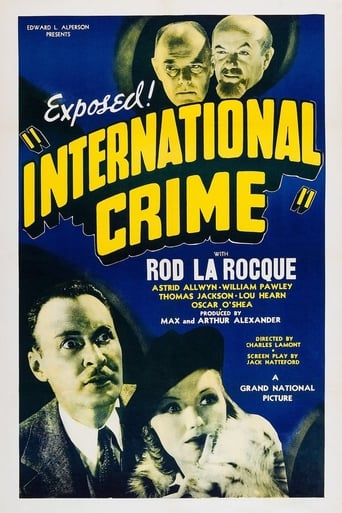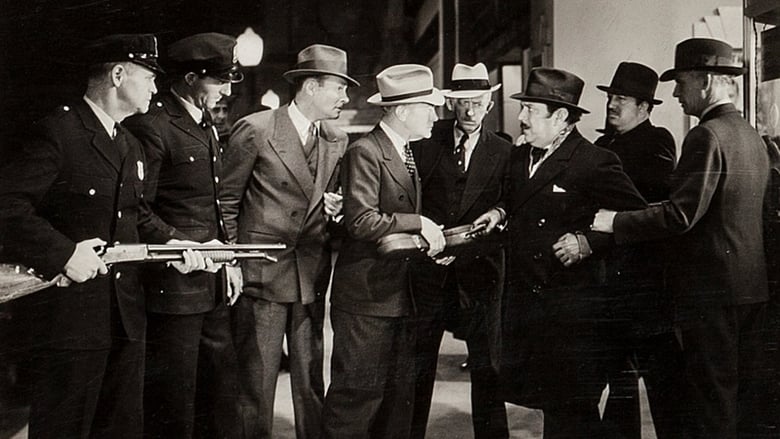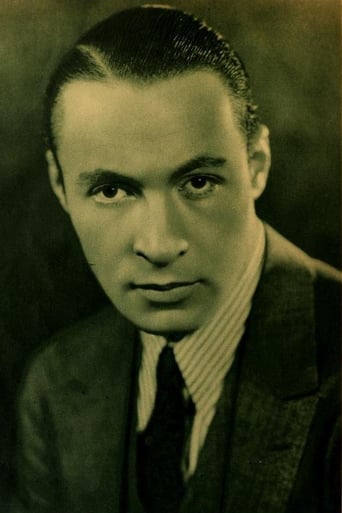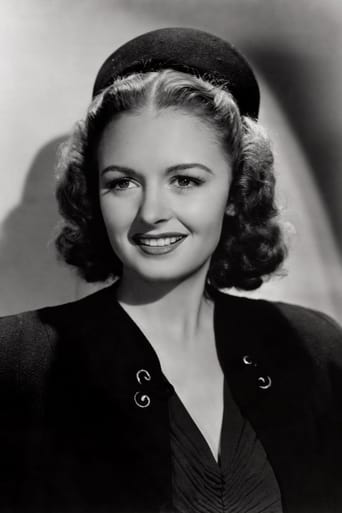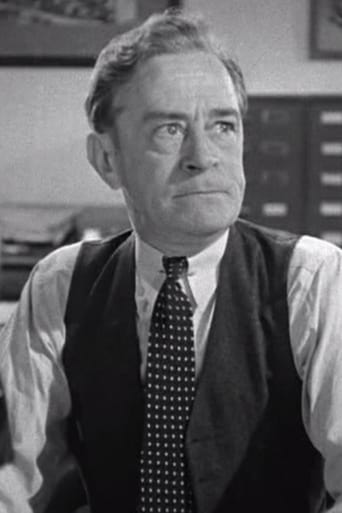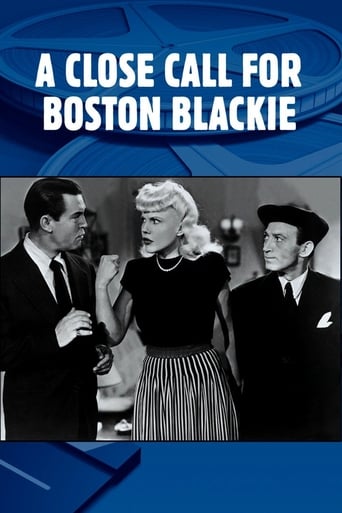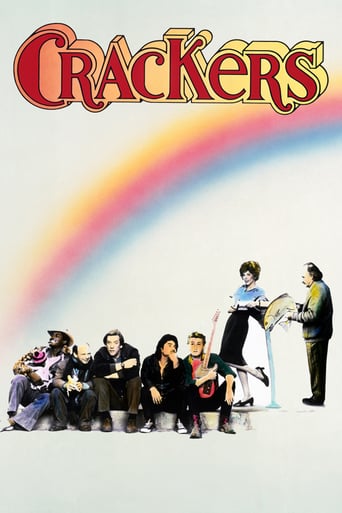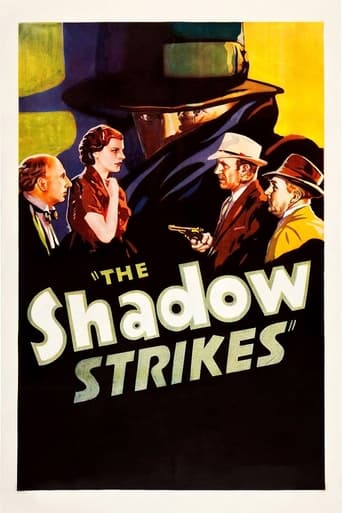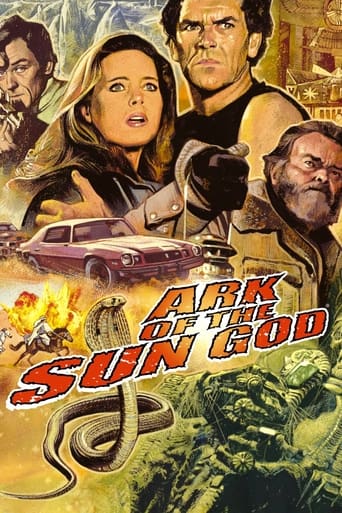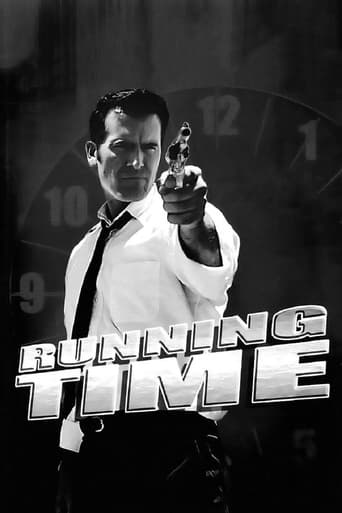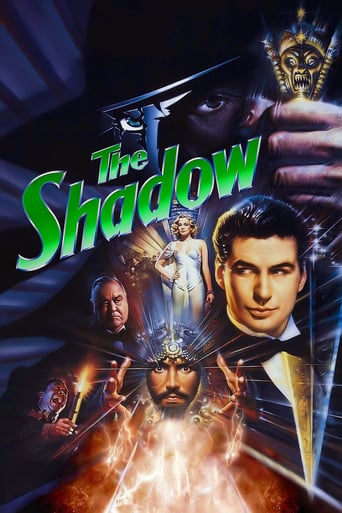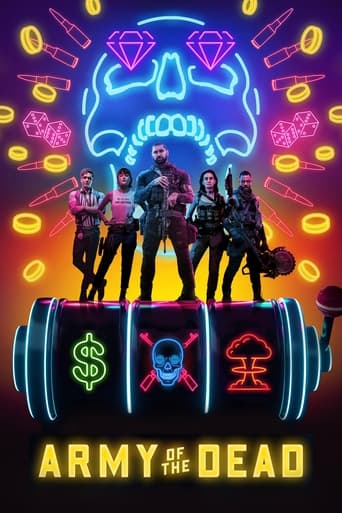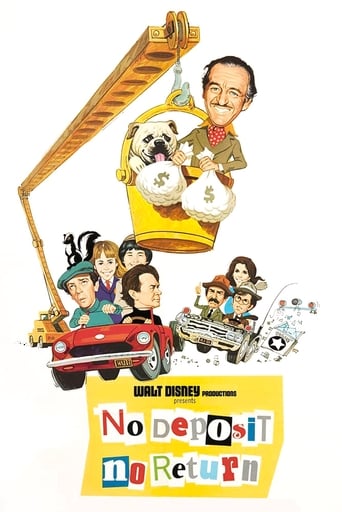International Crime (1938)
The second and final Grand National Pictures film to feature The Shadow, played again by Rod La Rocque. In this version, Lamont Cranston is an amateur detective and host of a radio show with his assistant Phoebe (not Margo) Lane. Cabbie Moe Shrevnitz and Commissioner Weston also appear.
Watch Trailer
Cast
Similar titles
Reviews
A Masterpiece!
This story has more twists and turns than a second-rate soap opera.
A movie that not only functions as a solid scarefest but a razor-sharp satire.
If you like to be scared, if you like to laugh, and if you like to learn a thing or two at the movies, this absolutely cannot be missed.
This picture has all the slap dash feel of it's predecessor, "The Shadow Strikes" from the prior year, also starring Rod LaRocque. Even movie neophytes can figure out that this Shadow has no resemblance at all to the character made famous in pulp magazines of the era. To make matters worse, Lamont Cranston even utters the line from my summary above, lending credence to the idea that the writers of this picture really had no idea what they were doing. It was simply an attempt to capitalize on the Shadow name by putting together a loosely constructed story around a murder and espionage scheme involving foreign bonds, and it's so convoluted that it's hard to maintain focus while watching.Case in point - the lounge scene when Phoebe Lane (Astrid Allwyn) intrudes upon Cranston's conversation with the two foreigners. The bad guys want to lure the couple back to their apartment for a drink, Cranston (in a disguise consisting of a single monocle) declines, Phoebe insists on going. Once outside, it looks like rain, can't go, Cranston gives Phoebe the bum's rush, and the pair of international heavyweight crime barons just go along with it.Believe it or not, the most interesting thing I found about this picture had to do with the posters outside the Metropolitan Theater where Phoebe's phony robbery tip sent Cranston and the police. Still playing from 1937 was Jimmy Cagney's "Something to Sing About". What I couldn't figure out though, was why the film makers decided to place Cranston and Commissioner Weston (Thomas E. Jackson) directly in front of an ad for 'Zino-Pads for Corns'. That my friends, probably said all it needed to about the picture.
this second movie in the Shadow series is no better or worst than the first one,in my opinion.Rod La Rocque is back as Lamont Cranston.however,in this one,Cranston plays a newspaper columnist,with a column called The Shadow Says and he hosts a short radio show running through the latest crime,as the voice of The Shadow.so if you're expecting Cranston to solve this case as The Shadow,or the Shadow to make an actual appearance you might be disappointed.in this movie Cranston solves another case,this time with the assistance of Phoebe Lane(who works at the same newspaper)who he meets while pondering the case.yes,i said Phoebe,not Margo.(Margo Lane is Cranston's sidekick in the long running The Shadow radio program).
Kind of disappointing to realize that these two Shadow films made contemporaneously with the Shadow pulp magazine and the radio show's original releases are far less faithful to the character's mythos than the 1993 film with Alec Baldwin! The pulp magazine is probably the most intense iteration of The Shadow, with plenty of supernatural adventures and mystical side tracks. The radio show is almost as good, with a little more crime busting/film noir attitude and lots more dealings with common thugs or criminal masterminds than with metaphysical foes.This film and its companion are the most lightweight of the bunch, with a very light tone and no mystical elements whatsoever. Everybody knows LaMont Cranston is The Shadow, who is merely a newspaper columnist and radio show host. None of the "wealthy playboy" secret identity here. None of the secret disguises (unless you count a monocle and a bad German accent), and none of the awesome "metaphysically manipulating the weak minds of criminals" mind tricks. BO-RING! No cool sidekicks; he has only his ditzy assistant, a narcoleptic leg man and a goofy Yiddish-accented cabbie with a gun-shaped cigarette holder to assist him.Going in to this with no prior knowledge of the Shadow character, I could see how somebody would find this to be an enjoyable puff piece. But I was bitterly disappointed, having read (only a few!) of the original Shadow stories from the 30's, and heard a few of the original radio shows. I won't give it the indignity of a one rating, since they did a fair job on a low budget. But a three is as high as I can go.
This time the Shadow has a radio show. Everyone seems to know he is LaMont Cranston. He is at the behest of radio executives and newspaper men and always seems to have trouble getting to the studio on time. There is so much potential in the Shadow's character to come up with a first rate noir film. What do we get. A poor man's Nick Charles who is glib and silly. A plot that is, at best, confusing. There are characters coming at each other from all directions, but ultimately the Shadow knows. He is unflappable and self centered. The problem is that above all else he is dull and uninteresting. I would bet you that given a 1930's audience and a slight rewrite of the screenplay, no one would even know this movie is based on the wonderful old radio show.
